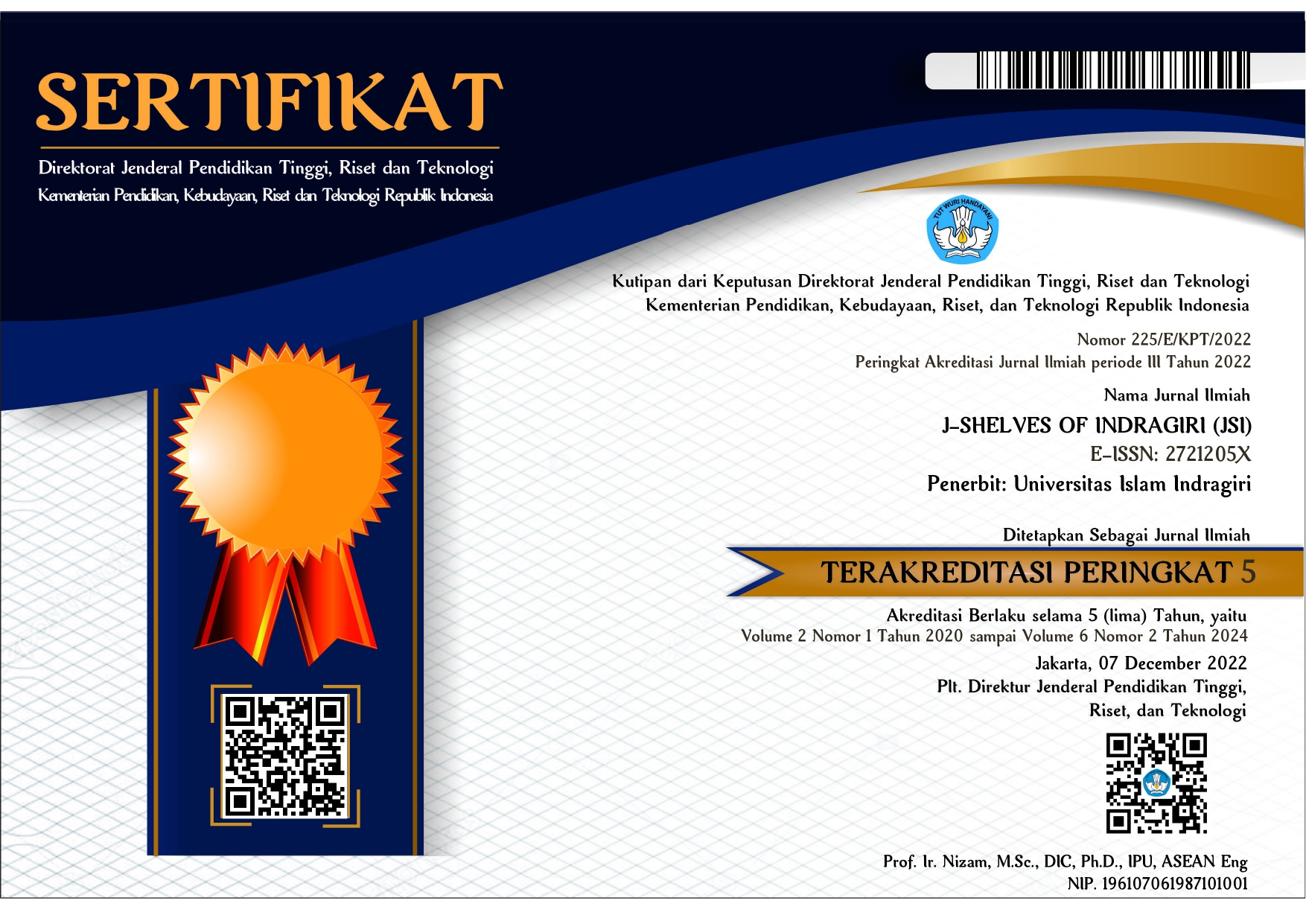THE ROLE OF METACOGNITIVE SKILLS IN IMPROVING READING COMPREHENSION AMONG HIGH SCHOOL STUDENTS
DOI:
https://doi.org/10.61672/jsi.v6i2.2854Keywords:
Metacognitive skills, reading comprehension, metacognitive strategy instruction, secondary educationAbstract
Metacognitive skills are widely recognized as crucial for developing reading comprehension, yet there remains a gap in understanding the most effective instructional approaches for high school students facing increasingly complex texts. This study aims to address this gap by investigating the impact of explicit metacognitive strategy instruction on reading comprehension among high school students. Using a quasi-experimental design, 100 students were assigned to either an experimental group, which received 12 weeks of structured metacognitive strategy instruction, or a control group, which continued with standard reading instruction. Data were collected through pre-test and post-tests, and analyzed using SPSS to evaluate the effects of metacognitive instruction. Results demonstrated a significant improvement in reading comprehension scores in the experimental group compared to the control group, with an effect size of 0.89, indicating a substantial benefit of metacognitive strategies. Qualitative feedback from the experimental group further revealed increased self-awareness, engagement, and confidence in reading comprehension tasks. These findings underscore the effectiveness of integrating explicit metacognitive strategy instruction into high school curricula to support students’ development of critical reading skills. This study contributes to existing literature by providing empirical evidence on the positive impact of metacognitive skills training in secondary education, suggesting that structured metacognitive approaches can enhance students’ reading comprehension and foster more independent, reflective learning practices.
Downloads
Published
Issue
Section
License
Copyright (c) 2024 Feri Ferdiyanto

This work is licensed under a Creative Commons Attribution 4.0 International License.










